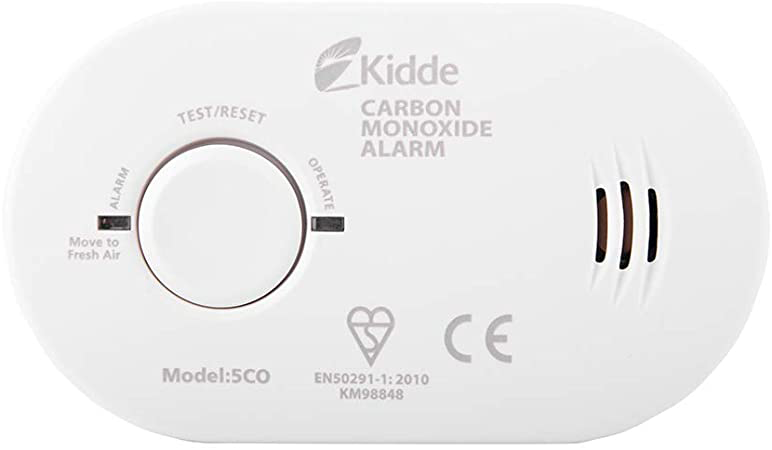 Since we're all confined to our homes at the moment and the weather is still cold enough for us to have our heating and gas fires on, probably round the clock, we thought we'd write an article on carbon monoxide safety.
Since we're all confined to our homes at the moment and the weather is still cold enough for us to have our heating and gas fires on, probably round the clock, we thought we'd write an article on carbon monoxide safety.
It's well publicised that carbon monoxide can kill...and silently. You can't smell it, taste it, see it, but it can kill quickly and with little to no warning.
What Is Carbon Monoxide?
Carbon Monoxide or CO is a colourless, odourless and tasteless gas. It's a substance that's produced when gas, oil, coal and wood don't burn properly, and it is incredibly poisonous. We generally come across it when a household appliance has been fitted incorrectly or hasn't been maintained appropriately.
What Could Produce Carbon Monoxide In My Home?
Gas, oil, coal and wood are sources of fuel used in many household appliances, including:
- boilers
- gas fires
- central heating systems
- water heaters
- cookers
- open fires
Other possible causes of carbon monoxide poisoning include:
- blocked flues and chimneys – this can stop carbon monoxide escaping, allowing it to reach dangerous levels
- burning fuel in an enclosed or unventilated space – for example, running a car engine, petrol-powered generator or barbecue inside a garage
- faulty or blocked car exhausts – a leak or blockage in the exhaust pipe, such as after heavy snowfall, could lead to a build-up of carbon monoxide
- paint fumes – some cleaning fluids and paint removers contain methylene chloride (dichloromethane); this substance is broken down by the body into carbon monoxide
- smoking shisha pipes indoors – shisha pipes burn charcoal and tobacco, which can lead to a build-up of carbon monoxide in enclosed or unventilated rooms
What Happens When You Breathe In Carbon Monoxide
When you breathe in any amount of carbon monoxide (it doesn't have to be a lot), it mobilises in your blood stream and prevents your red blood cells from working. Essentially this stops the flow of blood around your body, which then causes the deterioration (and sometimes death) of cells and tissue. In large quantities, carbon monoxide poisoning can cause brain damage or paralysis or even death.
How Can I Identify A Carbon Monoxide Leak?
Since carbon monoxide is entirely odourless, colourless and tasteless, you have to rely on other indicators to identify its presence. If you are suffering from any of the following, you may have been exposed to carbon monoxide. However, many of these can be associated with general illnesses, so the best thing to do would be to identify if the symptoms get worse when you are in the home (or better when you go outside). If they do, then it's likely you have a CO problem.
- Dizziness
- Nausea
- Stomach pain
- Headaches
- Breathlessness
- Weakness
- Confusion
- Loss of conciousness
What Should I Do If I Suspect A Carbon Monoxide Leak?
Whatever the case is, it's always better to err on the side of caution when it comes to carbon monoxide. You should:
- Open doors and windows to get fresh air into your home and ventilate it.
- Turn off all gas appliances
- Get out of the house so you are no longer breathing in the gas
- Get medical attention
- Call a Gas Safe engineer immediately to come and check your appliances
How Do I Avoid Carbon Monoxide Poisoning?
Well, the first and foremost thing to do is to have all your gas appliances serviced regularly. Appliances that aren't serviced at least annually have more chance of developing a problem.
Secondly, fit a carbon monoxide detector. They're really inexpensive and can save your life. For about £10 you can pick one up online and get it fitted near you appliance. Make sure though that you purchase an alarm that has the British Standards Kitemark and is labelled with EN 50291. You should also make sure that it has a audible alarm and isn't just one where the light changes when it detects carbon monoxide, as you need to act as quickly as possible.
Carbon Monoxide alarms have a life of between 5-10 years, but you should check them regularly, as you would with a smoke alarm, to ensure they are working.
Remember, we are open for emergency call outs, so if you think you have a problem, call us today on (01773) 749 713.
WANT US TO CALL YOU BACK?
 Click to choose a time & date...
Click to choose a time & date...
Recent Posts
- Down the Drain and Back Again – Plumbing Facts You Didn’t Know You Needed
- Winter Proof Your Home: The Benefits of Pre-Winter Boiler Servicing
- 10 Bathroom Trends for Winter 2025
- A Homeowner’s Guide to Boiler Replacement in Ripley, Belper, and Alfreton
- Thank a Plumber: 10 Plumbing Facts That’ll Make You Appreciate Your Flush
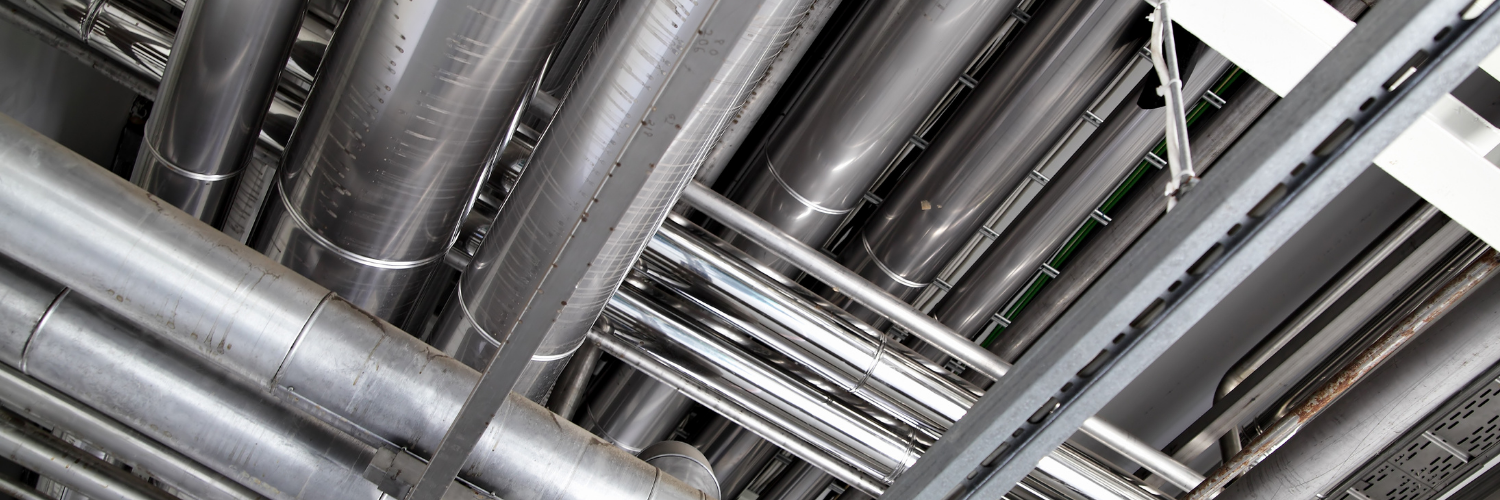
Need a reliable plumber or heating engineer?
Our experienced and helpful team are always happy to help
PHONE
(01773) 749 713
sales@leevaplumbing.co.uk
WEBSITE
www.leevaplumbing.co.uk
ADDRESS
Unit 6.1 Derwent Business Park,
Heage Road,
Ripley
DE5 3BZ

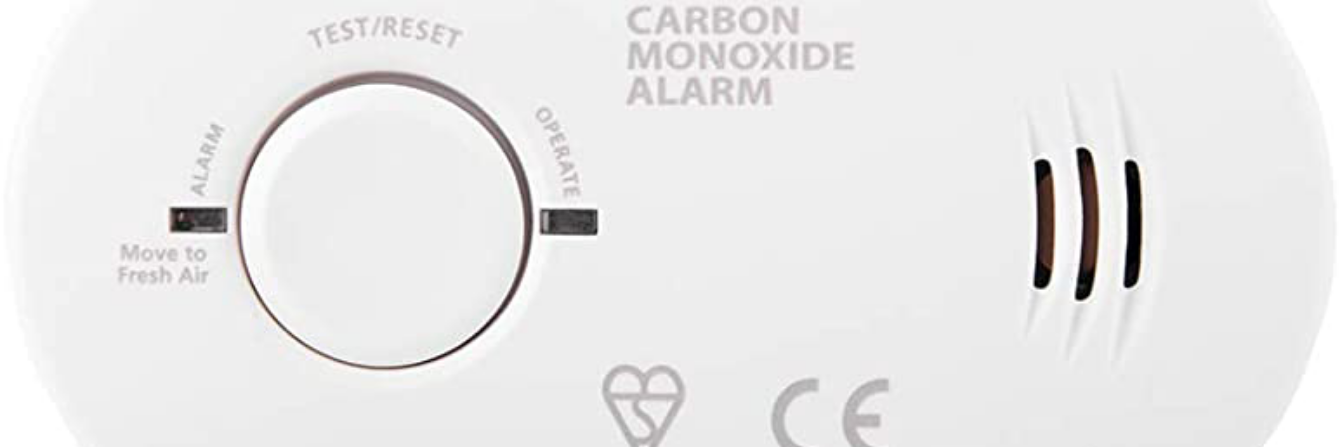

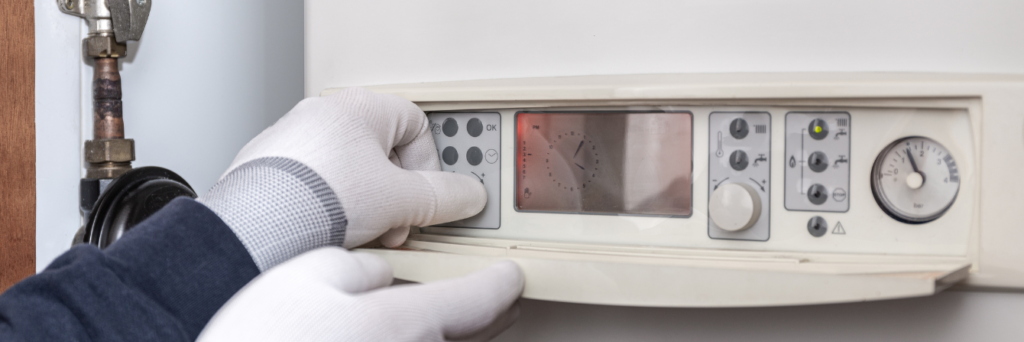
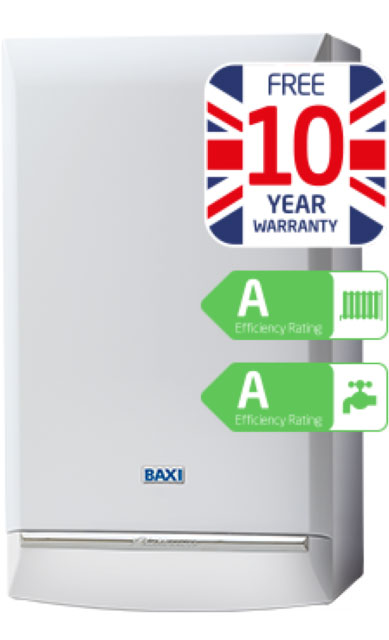 Fully Installed Baxi Boiler
Fully Installed Baxi Boiler